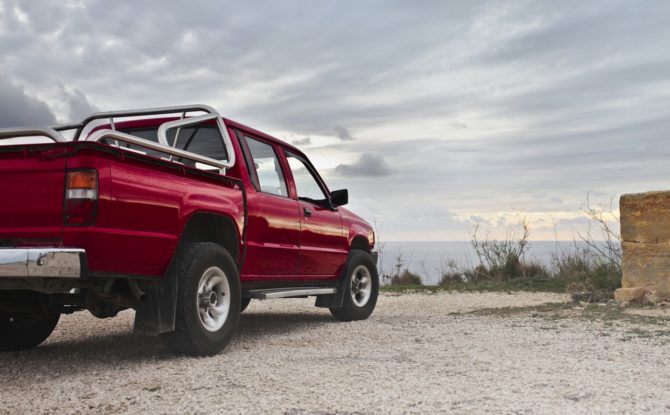
Another year has gone by … FBT Year Ends on 31 March – what you need to do
The 2022 FBT year ends on 31 March 2022. (Really?) Yes, that date is not an error as the Fringe benefits tax (FBT) year runs from April to March (unlike the Australian tax year which runs from July to June). It can be confusing at times.
What is FBT?
FBT is the short for Fringe Benefits Tax. It is a tax imposed on employers who provide certain fringe benefits they provide to their employees, including their employees’ family and associates. The most common FBT benefits provided by employers are the used of cars or utes and entertainment. Click here to see what ATO says about FBT.
Car Fringe Benefits
A car fringe benefit is deemed to have occurred if a car is garaged or kept at or near a place of residence of the employee or associate. Therefore, if vehicles are not kept at the business premise overnight and are taken home by employees, even if this is for security reasons, a fringe benefit has been provided.
What you need to do if you have Car Fringe Benefits?
All employers providing car fringe benefits, including the use of a commercial vehicle such as a ute, need to ensure that the odometer reading is taken on 31 March 2022. Other information will need to be provided to determine the value of the benefit provided which can usually be obtained from your accounting records however the odometer readings should be taken as close to 31 March as possible.
How to minimise the amount of FBT you have to pay?
There are ways to help minimise the amount of FBT you have to pay and it’s as simple as keeping the right records. The value of the FBT can be reduced in situations where a logbook is kept and the car has a high business use. The reason for this is that the FBT benefit only applies to the private use percentage. Care is needed to be taken when keeping a logbook to ensure it is valid. If the logbook does not meet ATO standards, the business use can be reduced to nil. This means the FBT benefit will increase along with the tax on this benefit. Visit the ATO link here to make sure you are correctly completing your log book.
Any exemptions available?
There are some FBT exemptions available to employers that may reduce or eliminate an FBT liability. It is important to understand when an exemption may apply and that you have the necessary paperwork needed to support the exemption. The two most commonly used FBT exemptions are:
- Minor benefits exemption – very important that benefit is less than $300 and benefit is provided infrequently and irregularly. A record needs to be kept of who received the benefit such as a record of all employees and associates who attended a dinner or function. We recommend that these details be included in your accounting software when allocating payments.
- Exempt Motor Vehicle exemption – commonly known as a ute or commercial vehicle exemption, providing the private use on such vehicles meets strict criteria such as no more than 1000 kms private travel each year which includes no trip greater than 200 kms return.
Other exemptions may be available for your business – see the ATO’s page for the list of exemptions available.
ATO focus areas can include:
- Car parking – where small business FBT parking exemption does not apply.
- Motor vehicles – Just because your business buys a motor vehicle and it is used almost exclusively as a work vehicle, that alone does not mean that the car is exempt from FBT. If you use the car for private purposes – pick the kids up from school, do the shopping, use it freely on weekends, garage it at home, your spouse uses it – FBT is likely to apply.
- Mismatched information for entertainment claimed as a deduction and what is reported for FBT purposes – One of the easiest ways for the ATO to pick up on problem areas is where there are mismatches. When it comes to entertainment, employers are keen to claim a deduction, but this is not recognised as a fringe benefit provided to employees. Expenses related to entertainment such as a meal in a restaurant are generally not deductible and no GST credits can be claimed unless the expenses are subject to FBT. Yes, it is complicated. Talk to us about it.
- Business assets personally used by owners and staff – Private use of business assets is an area that goes across a whole series of tax areas: FBT, GST, Division 7A and income tax. It is important to ensure any FBT from private use is determined and FBT tax paid or a contribution is made by the employees/associates to the value of the FBT benefit received.
- Not lodging FBT returns – If your business employs staff and is not registered for FBT, it’s essential you have reviewed your position and are certain that you do not have an FBT liability. If the business provides cars, car spaces, reimburses private (not business) expenses, provides entertainment (food and drink), employee discounts etc., then you are likely to be providing a fringe benefit. If you are unsure, we can send a FBT questionnaire to you to highlight potential FBT benefits being provided.

